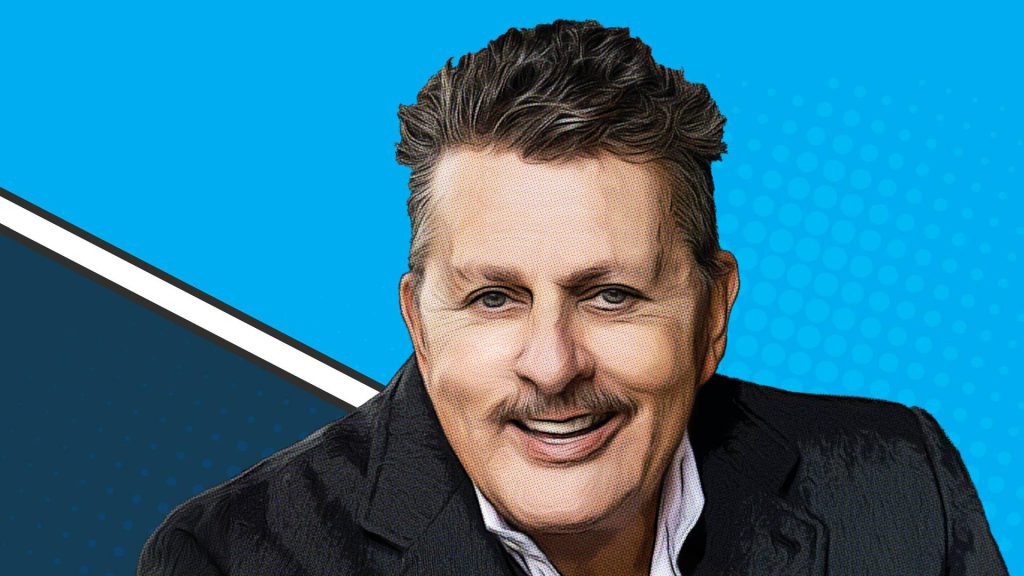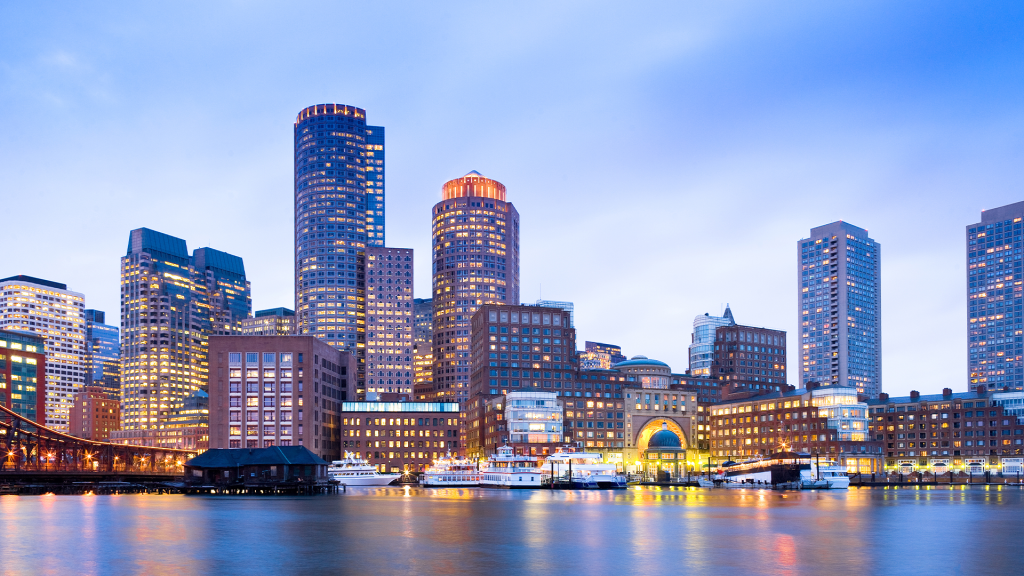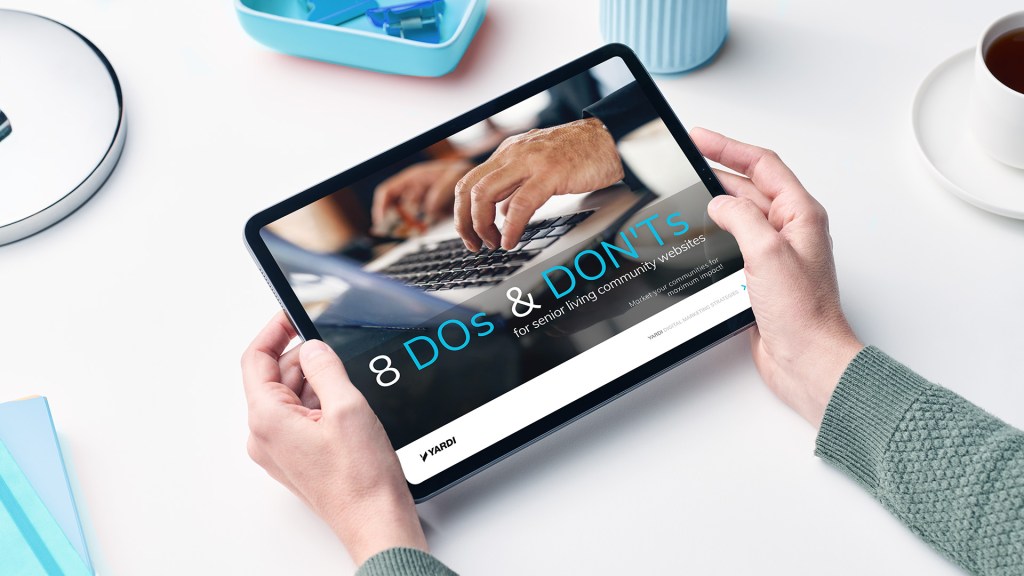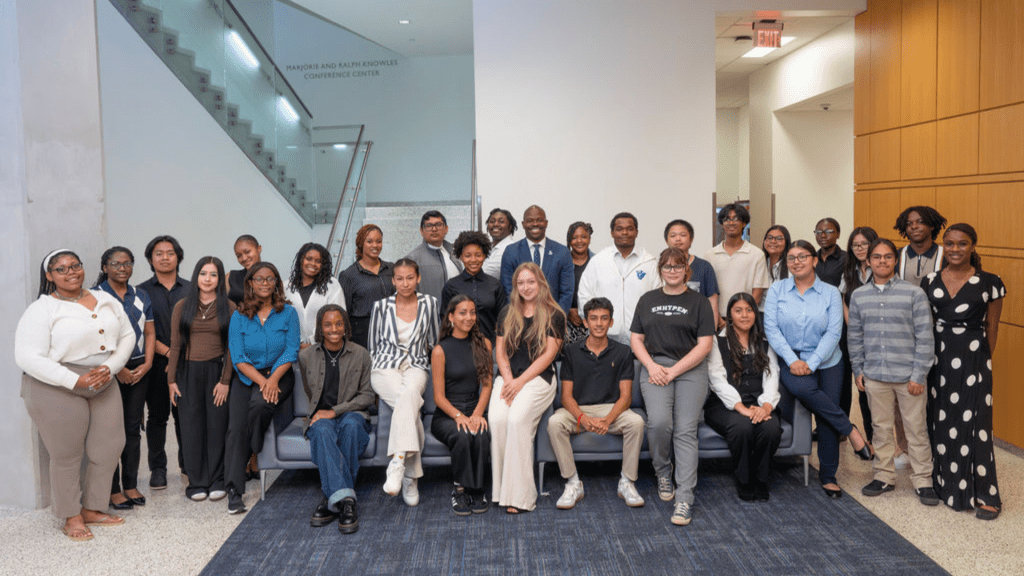By Nik Edlinger on June 5, 2020 in People
Nowadays, keeping an entire senior living community healthy requires stringent protocols, adequate PPE and, crucially, a dedicated team willing to take every step necessary.
As part of their Changemakers series, Senior Housing News has been interviewing influential leaders in senior living, discussing innovation and asking for their insights on the industry’s challenges — including COVID-19. It’s a showcase of thought leaders, risk-takers and trend-setters, sponsored by Yardi. But, as our newest honoree makes clear, success in preventing an outbreak doesn’t rest solely on a leader’s shoulders.
The second member of the Changemakers 2020 class is Dwayne Clark, founder and CEO of Aegis Living. Clark has over three decades’ experience in senior living. He rose through the ranks at Leisure Care and Sunrise Senior Living before starting Aegis 20 years ago in Seattle, looking to offer a combination of novel designs, disruptive operational concepts and exceptional care. Since then, Aegis has become a nationally known, award-winning provider.

Despite his own accomplishments, Clark attributes a large part of Aegis’s success to his team and culture. “From the very beginning, we stood apart to be a very different kind of company, starting with the kind of people we hire. I think over 90% of our people come from the hospitality industry,” he said. “The bridge to get to your customers is your staff, especially your line staff. You’ve got to make those people delighted in their job every day. That is the whole point, and this [distinction] has been incredibly important to us.”
And that commitment hasn’t wavered during the coronavirus outbreak. In this excerpt from the SHN interview, Clark expands on Aegis’s COVID-19 response, sharing how they’ve supported staff so residents continue to receive great care.
How have you been able to attract that talent? What investments have you made to hire those people?
I think it starts with the way we think. When we first started this, we definitely had great ambitions and dreams about what we were going to do and who we were going to hire. It was hard, until we started seeing some victories. And that starts with how you treat people.
I think this COVID crisis is very relevant to how we treat people, because one of the first things we did was to say, “Okay, we have to bring back our staff … They’re having troubles. We need to consider how people can get childcare, get their kids home from school. We need to look at providing free food, for not only employees but their families, so they can take food home for their families. We need to open up a telemedicine company that we’re affiliated with, 98point6, and make sure that people have access to doctors from their home.”
Once you start doing that, it’s like any company with a high service reputation — like Ritz-Carlton or Four Seasons. The word becomes true that this is how you react and then it becomes part of your DNA.
You mentioned some of the changes that you’ve made in response to COVID-19. I know we are in the early stages, but do you foresee changes coming to the industry that will last after this acute crisis ends?
Well, keep in mind, Seattle was the Wuhan of the United States. The Kirkland Life Care nursing home is eight minutes from our corporate office. So, we were impacted early on in mid-February. We had our first staff member get it on February 28th. Seattle had the first case in the United States, had the first death in the United States.
We want to be a leader in how we can not only discover how the disease transmits but how we can look at vaccines and other things.
I think COVID-19 going to affect everything. Where do I start? The price of lumber in the last 90 days has fallen 45%. Anybody who is building will see a dramatic change. The price of oil is down 70%. Anybody that is building anything, from the price of their screws to the linoleum they have that has oil-based products in it, those prices are going to drop dramatically.
This changes the banking industry. Spreads are changing. Interest rates are dropping. I think there will be a consolidation of the industry. I think when people are in isolation and you lock buildings down for two months, a lot of companies can’t afford that. We can.
We’re smart, we have a huge balance sheet. We’ve got great capital behind us. But not a lot of people can say, “Hey, I went two months and then it took me four months more to get back to average. I exhausted my reserves.” I think there’s going to be consolidation. We were very fortunate in that when the COVID outbreak first came, the corporate occupancy was over 93%. We’ve been in this now I think about five weeks and we’re still 91.5% occupied.
The industry average is 87.8%. I don’t think most people that are 87%, if they fall 10% in occupancy, are going to do very well. That’s the challenge. I could speak for two hours about how it’s going to impact us. I think people are going to have a much more vibrant PPE supply. I think they’re going to be less dependent on hospital systems. I think they’re going to be much more sensitive to early detection and isolation.
Read the full interview with Dwayne Clark of Aegis Living on SHN.


